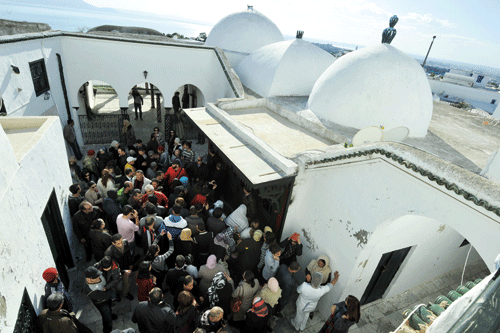Eileen Byrne
Eileen Byrne is a Luxembourg-born writer and director known for her work in film and theater. She studied Performing Arts at the University of Winchester, theater, music, and history of art at Munich University, and film directing at the University of Television and Film Munich and Toulouse film school. Eileen's films have been featured in festivals worldwide, including Camerimage Int. Film Festival and Palm Springs, with her work recognized at the Student Academy Awards and First Steps Awards. She is currently directing her first feature film 'Marianengraben', set for release in autumn 2024.

